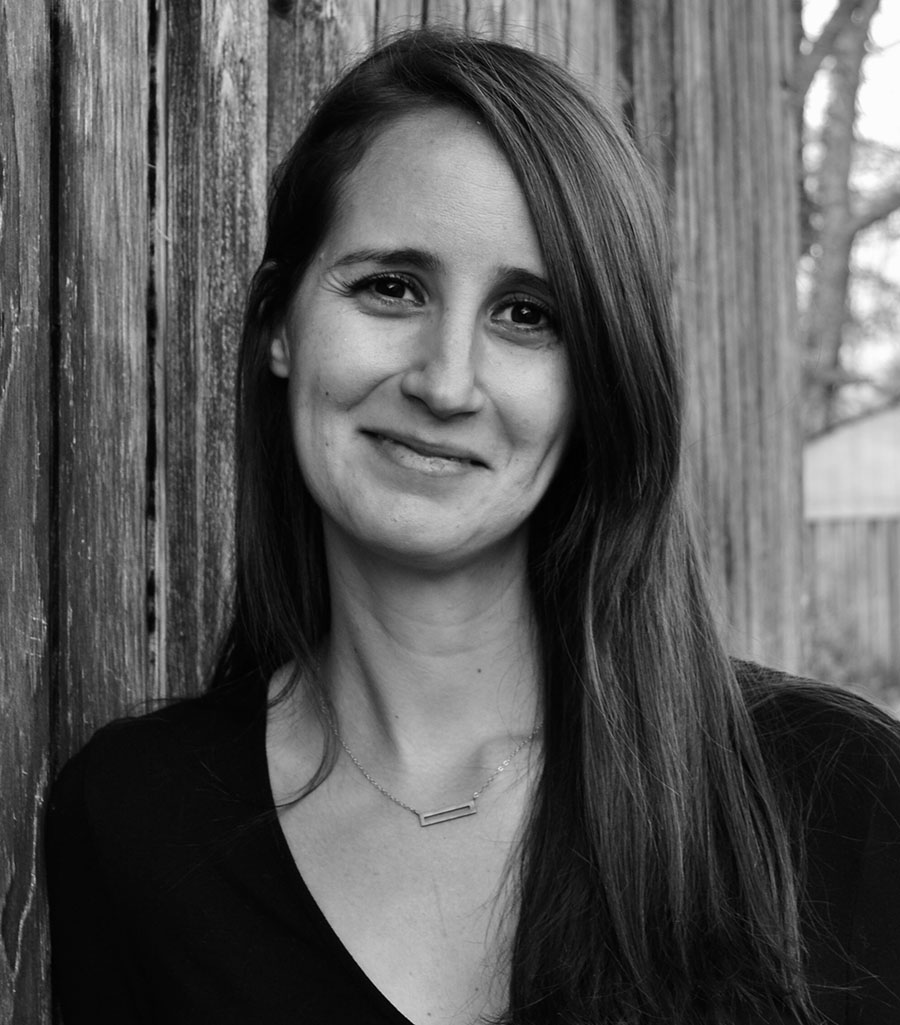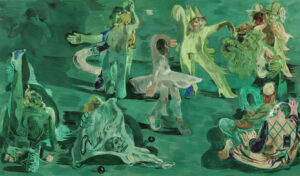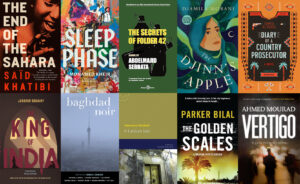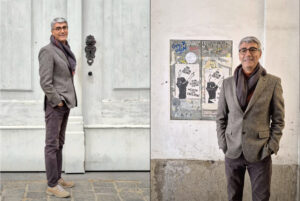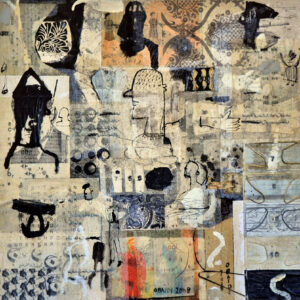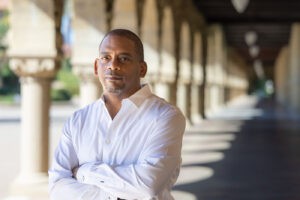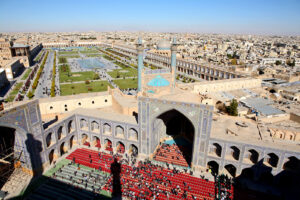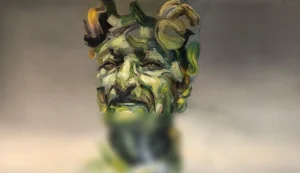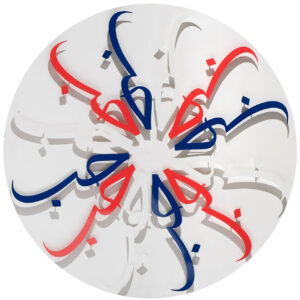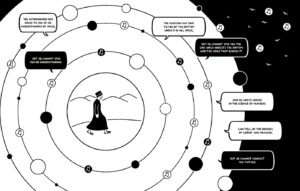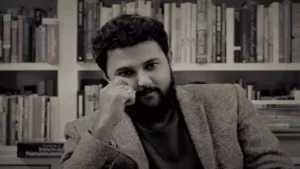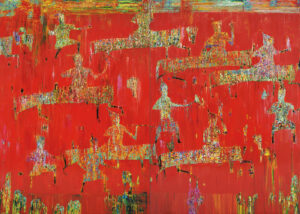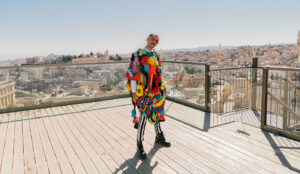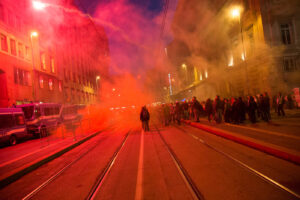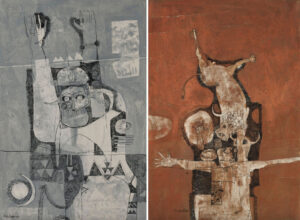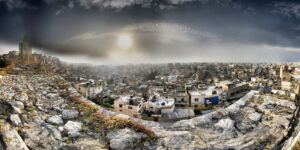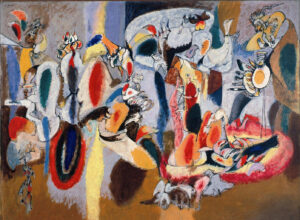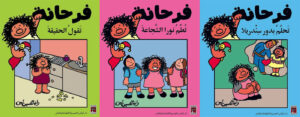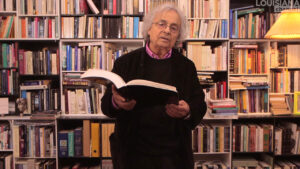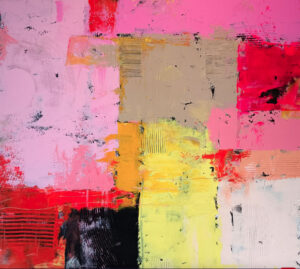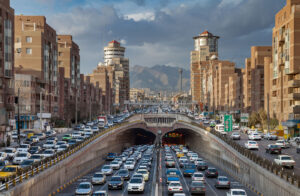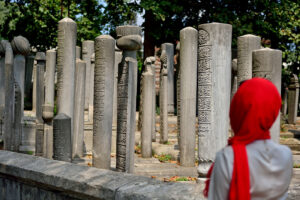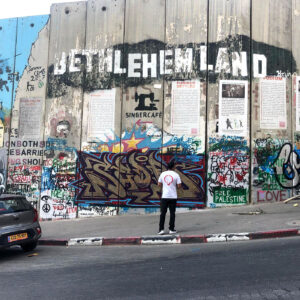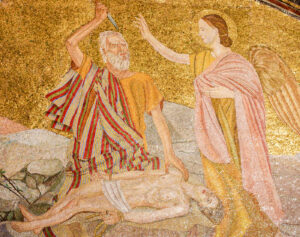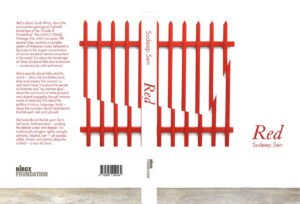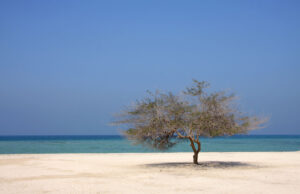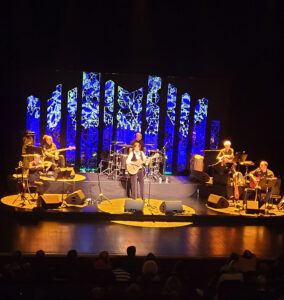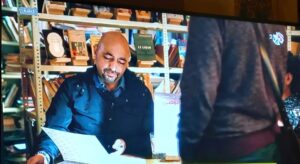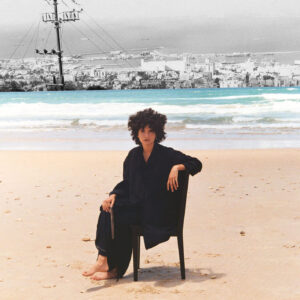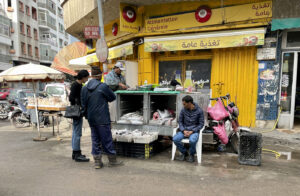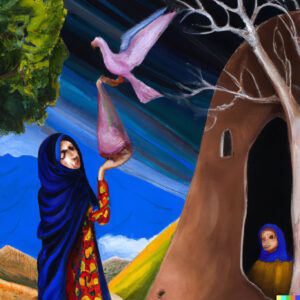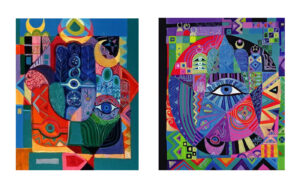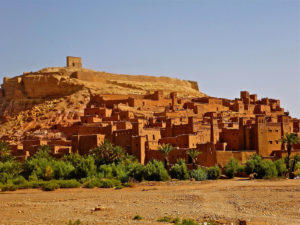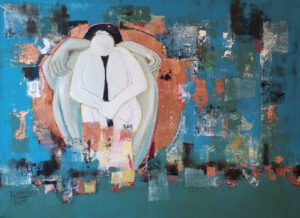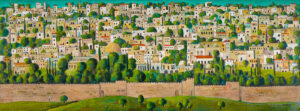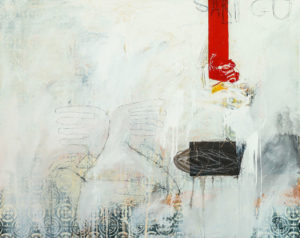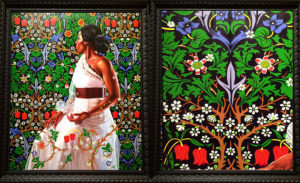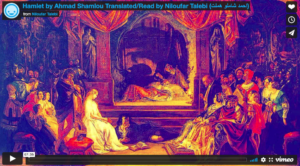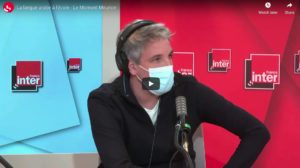Ostensibly intended to celebrate the best literary translations published in 2024, this anthology has a more ambitious (and valiant) aim: to draw attention to writing from and about a world in crisis.
Best Literary Translations 2025, guest edited by Cristina Rivera Garza.
Series edited by Noh Anothai, Wendy Call, Öykü Tekten, and Kọ́lá Túbọ̀sún.
Deep Vellum Publishing 2025
ISBN 9781646053735
Anthologies can be tricky, carrying the risk of conflating cultures or literary traditions or, conversely, offering a seemingly incoherent jumble of prose and poetry. Deep Vellum’s latest offering, however, is a valiant effort in the genre. In Best Literary Translations 2025, by the magic of the translator’s pen, the reader is granted access to compelling contemporary writing from across the world, including North Africa and the Middle East. The through-line (for thankfully there is one) is writing that both reflects and reflects upon the manifold crises of our time, be it through hope, humor, or thankfully, elucidation of regions, conflicts, and peoples largely ignored by the Western world.

The anthology, limited to translations published by U.S.-based literary journals, boasts an impressive 23 languages, including several that are underrepresented and “actively persecuted,” such as, Uyghur and Faroese. Each text is accompanied by a brief translator’s note. The introduction penned by the volume’s four co-editors informs the reader, if they weren’t already aware, of (a) the scarcity of translated literature in U.S. publishing and (b) the overwhelming linguistic homogeneity of what is being translated into English. They cite one recent study of translated books published in the United States, which found that a whopping 45% are translated from only three languages: French, German, and Spanish. The same study points out that only three percent of literature in the U.S. results from translation, and when the study’s authors examined books reviewed by the New York Review of Books from 2008 to 2021, only five percent were of translated titles.
While the co-editors take care to announce the supposed point of the yearly anthology — “an annual space to celebrate literary translations in English” — the real intention feels more ambitious and is easily found in an entreaty in the previous paragraph: “Book publishers, please look carefully at what you find on these pages. Seek out these translators’ work. Consider publishing the books they so diligently translate and champion.”
The reader knows, then, that they won’t merely be perusing the supposed “best” of translated literature from a given year, but will be exposed to writing that requires, even demands championing. As guest editor Cristina Rivera Garza rightly points out, translation is inevitably political, and the pieces in this collection don’t let us forget it. With texts originating from Palestine and Ukraine, from the Faroe Islands and Kashgar and beyond, the anthology is firmly anchored in what Rivera Garza calls the “here-and-now.” And what a chilling here-and-now it is, replete with displaced populations, authoritarian leaders, climate catastrophe, and the policing not only of bodies but of languages.
Breaking with convention, the texts in this anthology are not identified by country. Sometimes the language alone suffices to let the reader know the country of origin, but not always, namely for Arabic, which is what interested me in particular. The result was an unusual and welcome reading experience — jumping into a text without any preexisting assumptions or expectations. Even with no introductory context, of the seven texts in Arabic included in the anthology, I found the most powerful ones were those by Palestinian writers, their urgency palpable even without a geographical marker. One notable example, Heba Abu Nada’s poem, “Not Just Passing,” translated by Huda Fakhreddine, somehow manages to be simultaneously gentle and devastating:
Yesterday, a star said
to the little light in my heart,
We are not just transients passing.
The poem is made all the more tragic given the revelation a page later, in the translator’s note, that the poet was killed by an Israeli airstrike in 2023.
Nasser Rabah’s “Dead Cats Continue to Meow,” translated by Emna Zghal, Khaled al-Hilli, and Ammiel Alcalay, is similarly powerful though certainly not gentle. Here, I did enter the poem with a preconception, which was that the presence of three translators would make for a messy result. Not at all, it turns out. If anything, this was one of the more impressive translations and among my favorite pieces. It is darkly funny and able, despite its brevity, to give a piercing look at daily life in Gaza:
A blind man listening to a match replay on his radio said to curious runners-by:
don’t hurry, the match ends with the defeat of both teams;
but they didn’t get the joke.
Poetry is often given short thrift — especially in English translation — but in this anthology, unexpectedly, it is the star. Though most of the translated short stories were effective (including two short stories originally published in TMR: “Before the Earthquake” by Salah Badis, translated by Saliha Haddad, and “Of Wood and Hallucination” by Mansoura Ez-Eldin, translated by Lina Mounzer), the selected novel excerpts felt a little flat, to this reviewer at least, presumably due to insufficient context.
While many of the texts unfold against war-torn landscapes, be it Palestine, Iraq, Ukraine, or a past battlefield, the anthology does include some levity, most notably “The Aspiration for Cha-Ka-Ta-Pa,” written by Bae Myung-hoon and translated from the Korean by Sung Ryu. Without giving away the inventive conceit of this comical, futuristic story, I will say that, if medals were being awarded, the translator here deserves the gold for their inventiveness and perseverance.
Speaking of the translator (who is, after all, the figure being celebrated in this anthology), I was delighted to note that in almost all the texts, the respective translator left behind some trace, be it a hint of daring or a vague sense of trepidation, which one can safely assume is a result of experience vs. inexperience. Not that the latter necessarily equates to a bad translation, simply, in most cases, a noticeable proximity to the text. In some of the pieces, the translation stays so close to the original that, even without knowing the source language, you can almost see the linguistic breadcrumbs. In others, however, one senses the text being gently tugged from its origins, pleasingly so. As Rivera Garza notes, translation is not a neat, finished process; rather, it “unfinishes the text, leaving it open to the elements.”
This alchemy is perhaps best illustrated by “Kaddish: For Miklós Radnóti,” written by Romanian poet Radu Vancu and translated by Sean Cotter, a poem in which the reader can feel experienced hands at the helm. The most chilling aspect of this text, which was inspired by the story of Miklós Radnóti, a Hungarian Jew murdered in 1944 on a forced march, is the feeling that the then-there is not so different from the here-now:
We know the bones shout / From the pyramids to Google Photos all we’ve done is invent common graves for ourselves / So yes / That’s how it is
Another impressive translation (or collaboration, rather) is “I Write to Purge This Memory.” Translated from the Mapuzungun to Spanish by the author Liliana Ancalao and then, from Spanish to English by Seth Michelson, the piece brings the reader back, yet again, to the here-now:
And I write so that there’s a map that records this genocide.
I write to not forget those who died on the high seas, heaped and sick on the ships that carried them to ports of family dismemberment still with us today; I write for the desperation woven with moans and cries.
Best Literary Translations 2025 is full of standouts and surprises, an impressive collection in which one detects the care and attention paid by the various editors to broaden the literary field, in the United States at least. The volume refreshingly leans into the darkness, rather than skirting around it and is notably dedicated to two recently deceased poet-translators: Refaat Alareer and Jerome Rothenberg. It celebrates not only a diversity of languages and genres but of translators, who vary in terms of approach, experience, and connection to the source language. My sole request moving forward is more writing about translation — as a craft, as an art, and as a political act. The anthology’s co-editors and guest editor touched on this, as did a few translators, but the reflections feel frustratingly restrained, especially for a work supposedly focused on translation. Granted, translators, nothing if not discreet, largely let their work speak for them in this anthology, quite rightly centering their authors. Still, I wouldn’t mind hearing a little more from the former.




